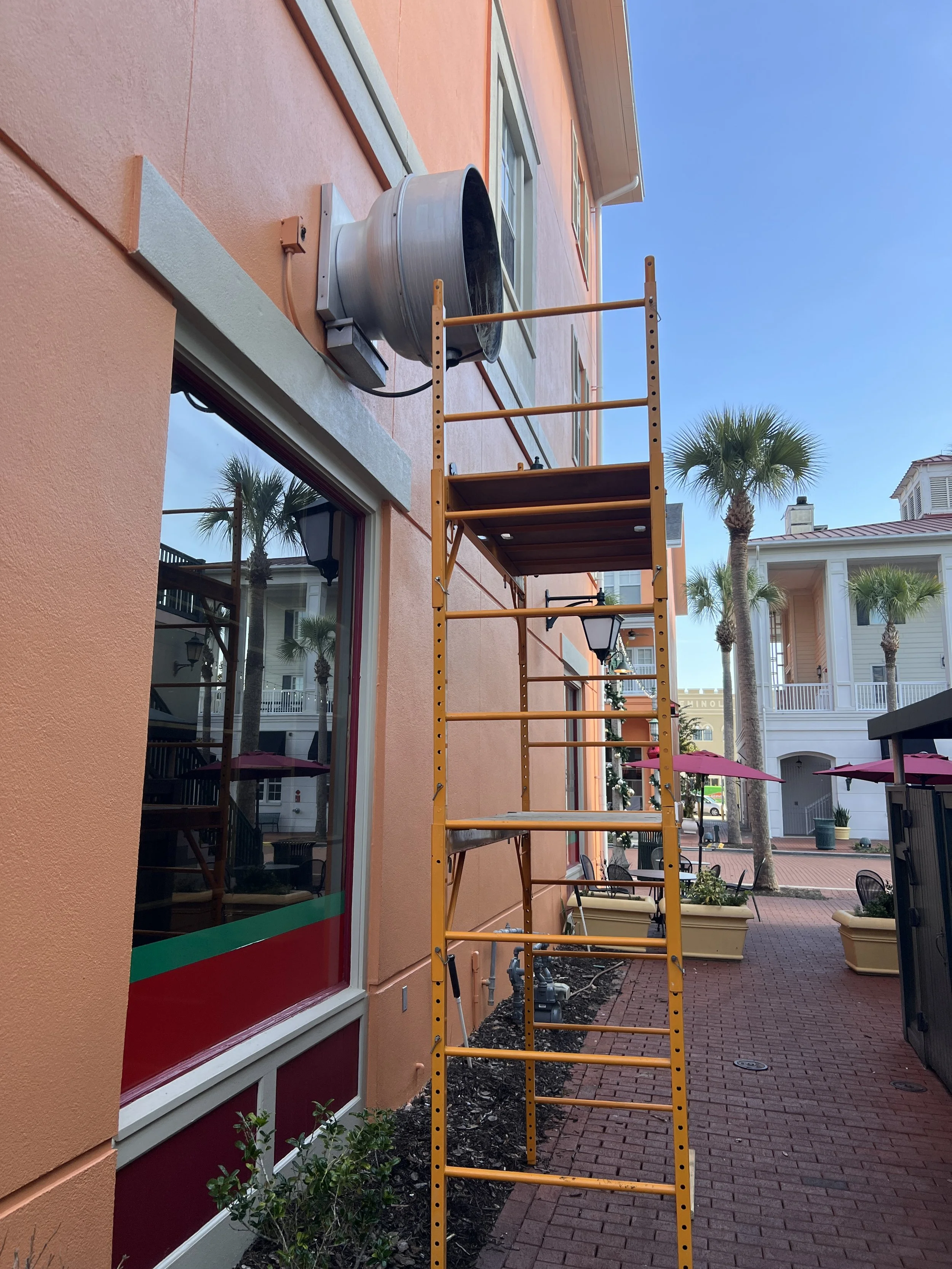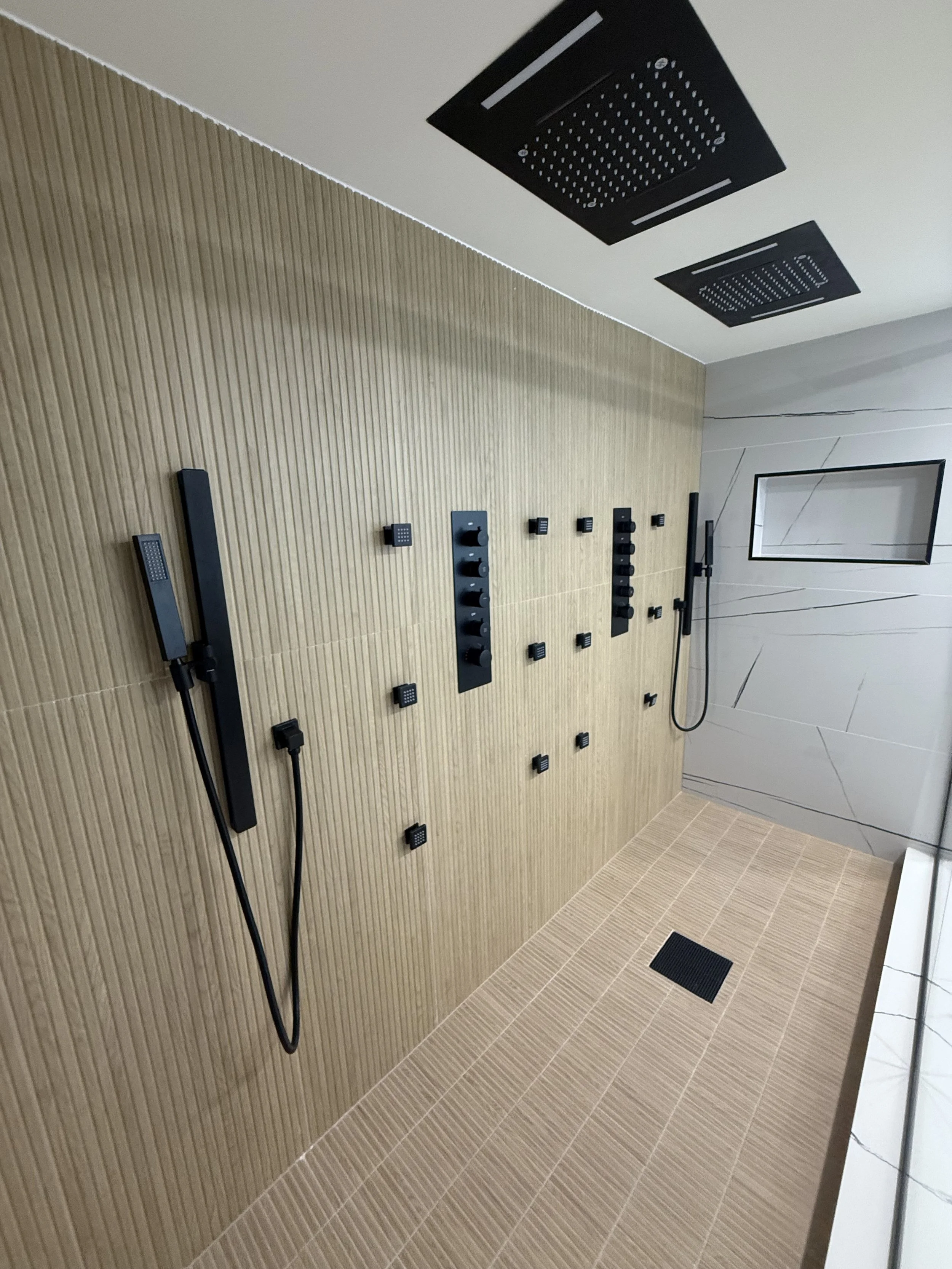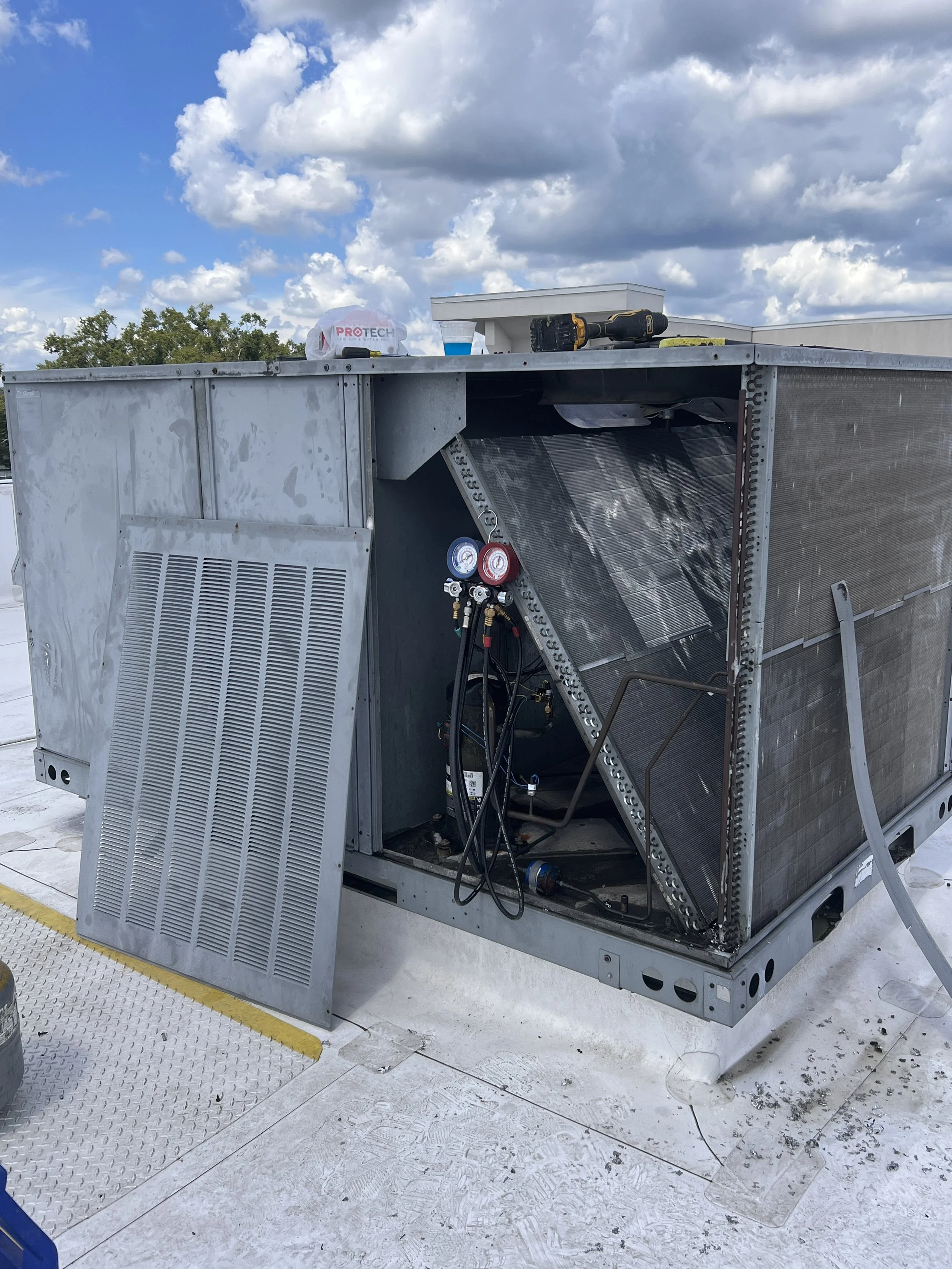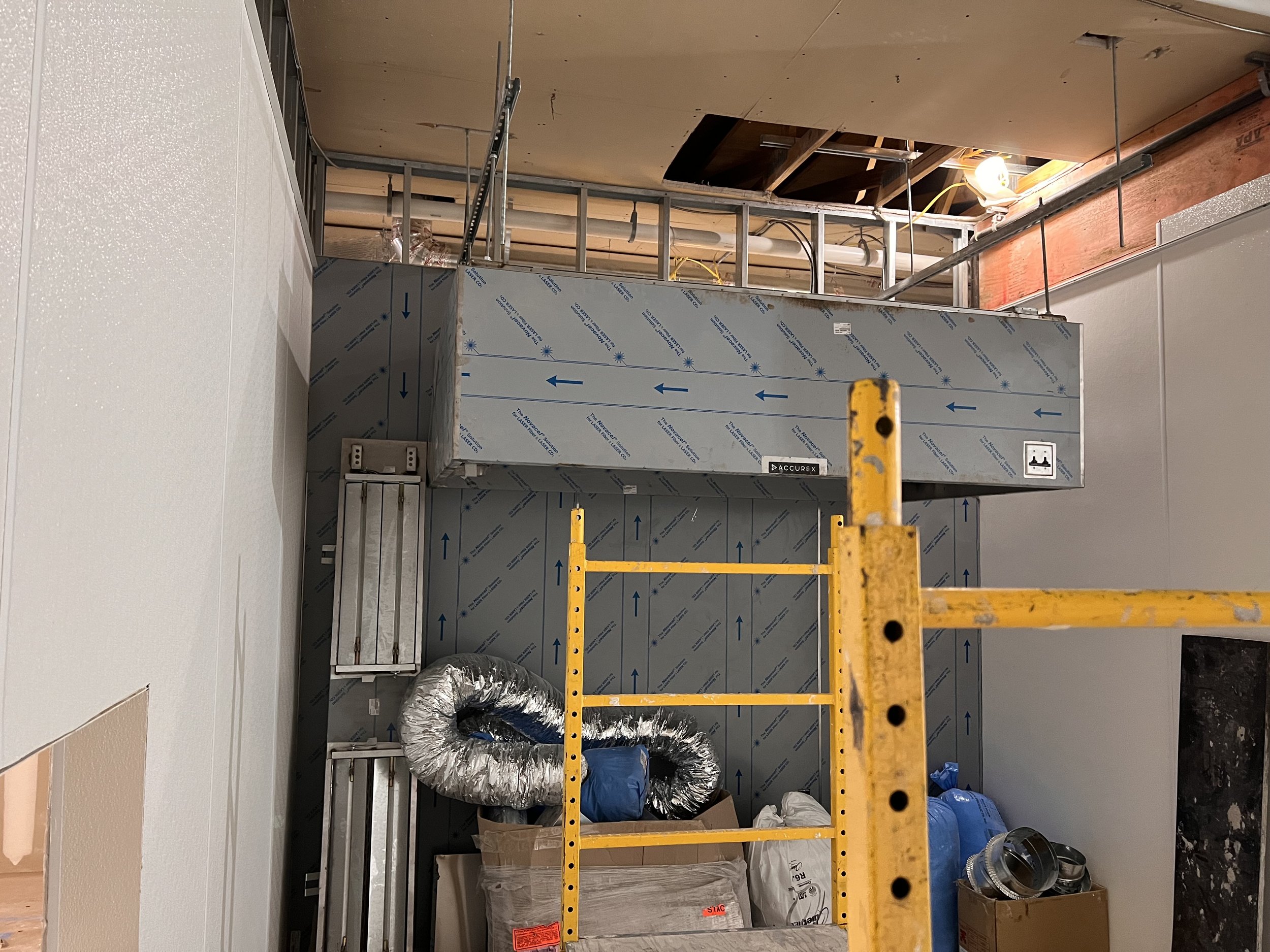All Cool Heat Plumbing & General Contractor Inc
🚨 Plumber, HVAC & Commercial Hood Experts in Central Florida
All Cool Heat Plumbing & General Contractor Inc
Licensed · Insured · Certified Experts You Can Trust
Looking for the most reliable plumber, HVAC technician, or commercial hood specialist in Central Florida?
All Cool Heat Plumbing & General Contractor Inc provides professional, fast, and affordable services for residential, commercial, and restaurant clients.
We are fully licensed:
General Contractor – CGC1516075
Master Plumber – CFC1428948
HVAC License – CAC1814990
We serve all of Central Florida, including:
Orlando, Kissimmee, Celebration, Apopka, Clermont, Davenport, Ocoee, Winter Garden, Lake Nona, St. Cloud, and surrounding areas.
📞 Call Today: 407-461-0301
🌐 www.certifiedquality.org
🔧 Our Services
We provide complete solutions for homeowners, businesses, and restaurants.
🔥 Commercial Hood & Exhaust Services
Commercial Hood Installation
Pizza Hood & Oven Exhaust
Exhaust Fan Replacement
Side Wall Exhaust Fans
Full Hood System Upgrades
Grease Duct Installation & Repair
Kitchen Hood Troubleshooting
Restaurant Mechanical Ventilation
We specialize in restaurants, pizzerias, bakeries, hotels, and food trucks.
🚰 Plumbing Services
Emergency Plumbing
Water Heater Replacement (including Hybrid 50-Gallon Units)
Sewer & Drain Cleaning
Leak Detection & Repair
Re-Pipe Services
Faucet, Toilet & Fixture Installations
Commercial & Residential Plumbing
Gas Line Installation
❄️ HVAC & Air Conditioning
AC Repair
AC Replacement & New Installs
HVAC Maintenance
Heat Pump Systems
Ductwork Installation & Repair
Commercial & Residential HVAC
Mini-Split Systems
🏗 General Contractor Services
Restaurant Build-Outs
Commercial Renovations
Residential Remodels
Mechanical Room Retrofits
Code Compliance Repairs
Permitting & Inspections
⭐ Why Choose All Cool Heat Plumbing & General Contractor Inc?
Your Local, Licensed & Professional Team
✔ Fast Response Time
✔ Licensed in Plumbing, HVAC & General Contracting
✔ One Contractor for ALL Your Mechanical Needs
✔ Restaurant Hood Specialists
✔ Affordable & Transparent Pricing
✔ Strong Reputation Across Central Florida
✔ We Handle Permits & Inspections
📍 Areas We Serve
We proudly serve:
Orlando
Kissimmee
Celebration
Apopka
Davenport
Winter Garden
Clermont
St. Cloud
Lake Nona
Ocoee
All Central Florida
Need service in your area?
📞 Call us: 407-461-0301
🏆 Customer Reviews
⭐ “Fast and professional plumbing repair.”
⭐ “Best commercial hood installer in Orlando!”
⭐ “Replaced our exhaust fan same day — highly recommend.”
🧰 Get Your Free Estimate Today
Whether you need plumbing, HVAC, exhaust fan replacement, or a commercial hood installation, we’re here to help.
📞 Call Now: 407-461-0301
🌐 www.certifiedquality.org
📩 allcoolheatplumbingcgc@gmail.com
📩 hvac@allcoolheatplumbingcgc.com





